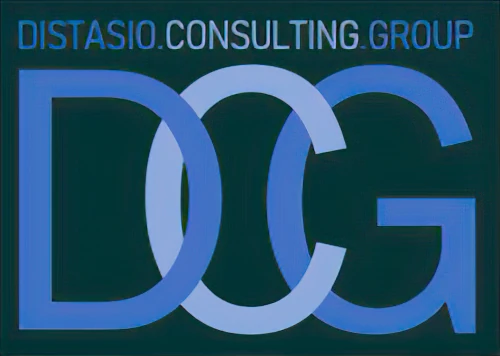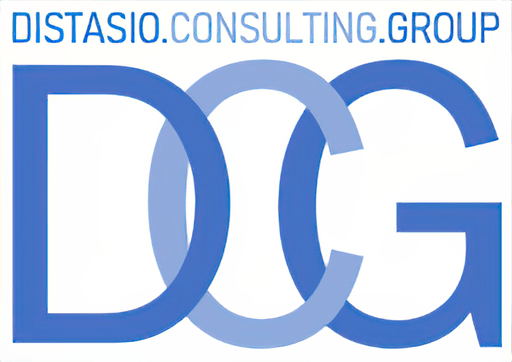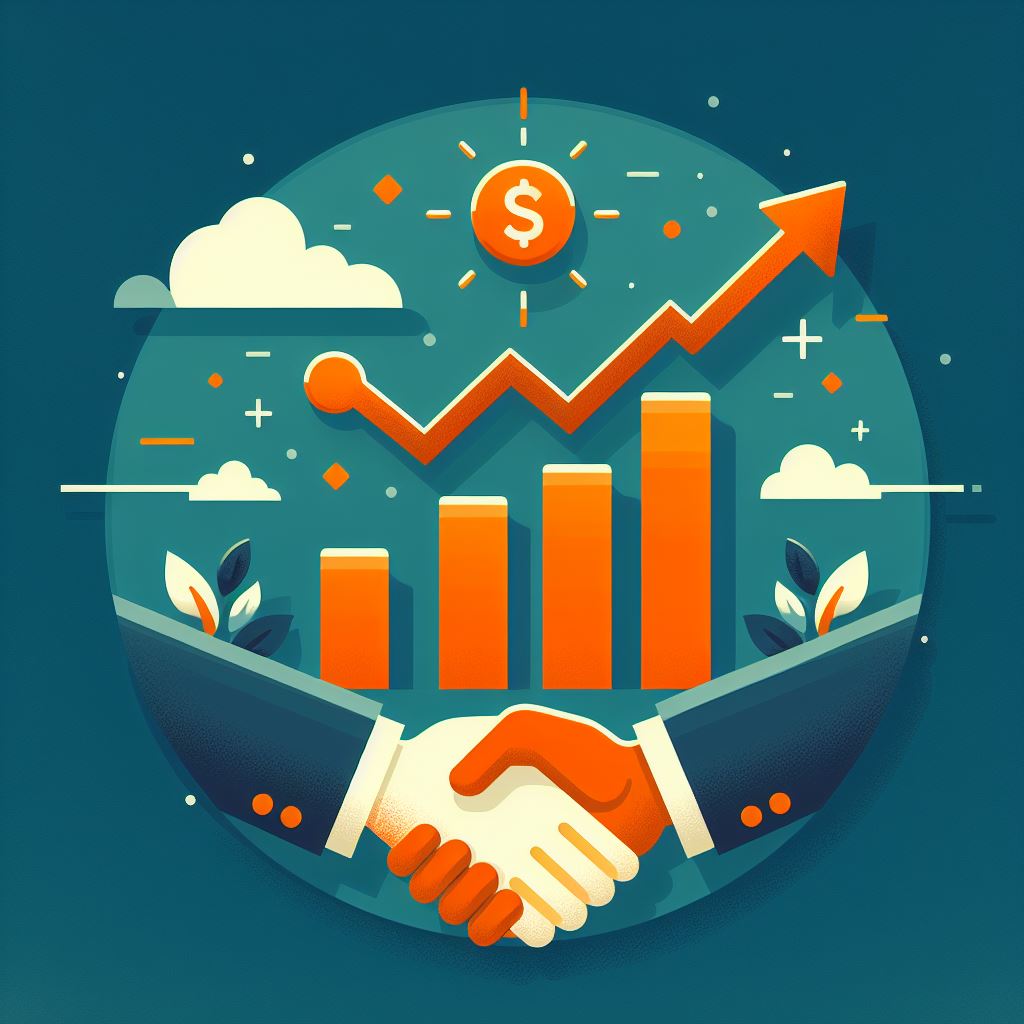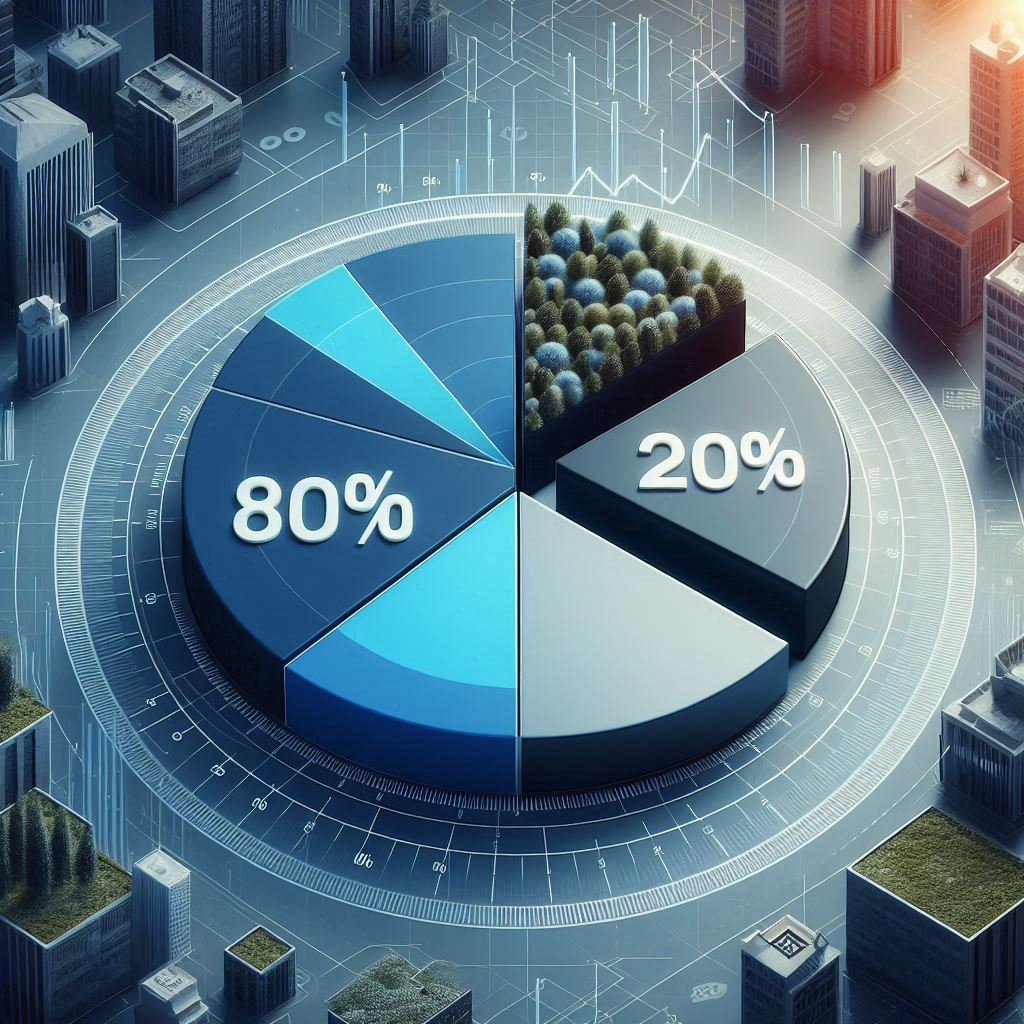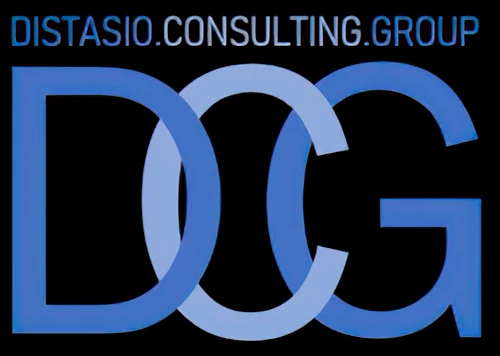In today’s fast-paced and competitive business environment, no company can succeed alone. Partnering with other organizations that share your vision, values, and goals is a key strategy to create value, innovate, and grow. This is especially true in the age of cloud and AI, where technology is transforming every industry and creating new opportunities and challenges.
But what does it mean to partner effectively in the digital era? How can you leverage the power of your ecosystem to drive growth and differentiation? And how can you manage your partnerships in a way that maximizes collaboration, trust, and alignment?
In this blog post, we will explore the concept of ecosystem-led growth, why it is important, and how it complements and is a vital part of a winning strategy.
What is Ecosystem-Led Growth?
Ecosystem-led growth is a business model that focuses on building and nurturing a network of partners that can co-create value, co-innovate, and co-deliver solutions to customers. It is based on the idea that by working together, partners can achieve more than they could individually, and create a positive feedback loop that benefits everyone in the ecosystem.
Ecosystem-led growth is not just about having a large number of partners, but rather about having the right partners that can complement and enhance your capabilities, offerings, and reach. It is also not just about transactional relationships, but rather about strategic alliances that are based on mutual trust, respect, and commitment.
Ecosystem-led growth is a dynamic and adaptive process that requires constant communication, coordination, and collaboration among partners. It also requires a clear vision, a common purpose, and a shared value proposition that aligns with the needs and expectations of customers.
Why is Ecosystem-Led Growth Important?
Ecosystem-led growth is important for several reasons:
- It helps you stay ahead of the curve. In the age of cloud and AI, technology is evolving rapidly and disrupting every industry. By partnering with other organizations that have complementary skills, expertise, and resources, you can access the latest innovations, technologies, and best practices, and offer cutting-edge solutions to your customers.
- It helps you expand your market. By partnering with other organizations that have different customer segments, geographies, and channels, you can reach new audiences, enter new markets, and increase your brand awareness and reputation.
- It helps you enhance your customer experience. By partnering with other organizations that can provide additional value, functionality, and support to your customers, you can improve your customer satisfaction, loyalty, and retention.
- It helps you reduce your costs and risks. By partnering with other organizations that can share the costs and risks of developing, delivering, and maintaining your solutions, you can optimize your operational efficiency, scalability, and resilience.
According to a recent E&Y whitepaper on the value of ecosystems in driving company performance, here are some of the top advantages of and ecosystem-led business model:
Source: E&Y: The CEO Imperative: How mastering ecosystems transforms performance
Besides the clear partnering benefit of marketplaces, here are some other examples of ecosystem-led growth:
Square and Weebly Integration:
- Overview: Square, a financial services and mobile payment company, acquired Weebly, a website builder platform, to integrate e-commerce capabilities directly into its payment processing services.
- Impact: The integration between Square and Weebly enabled small businesses and entrepreneurs to easily create and manage online stores, accept payments, and track sales seamlessly. By combining Square’s payment processing expertise with Weebly’s website building tools, the integration opened up new revenue opportunities for small businesses looking to establish an online presence and sell products or services online.
Google Workspace and DocuSign Integration:
- Overview: Google Workspace, formerly known as G Suite, integrates seamlessly with DocuSign, an electronic signature platform, to streamline document workflows and digital transactions.
- Impact: The integration between Google Workspace and DocuSign enables users to sign and send documents directly from Google Drive, Gmail, and other Google Workspace applications. This integration opened up new revenue opportunities for DocuSign by providing access to Google Workspace’s vast user base and expanding its market reach beyond traditional enterprise customers.
These examples illustrate how specific technology integrations have enabled companies to tap into new markets, expand their customer base, and drive additional revenue streams by offering enhanced capabilities and streamlined workflows to users.
How Does Ecosystem-Led Growth Complement and Enhance Your Strategy?
Ecosystem-led growth is not a standalone strategy, but rather a complement and enhancement to your core strategy. It helps you leverage your strengths, address your weaknesses, capitalize on your opportunities, and mitigate your threats. It also helps you achieve your strategic objectives, such as increasing your revenue, profitability, and market share.
Ecosystem-led growth is not a one-size-fits-all approach, but rather a tailored and flexible approach that depends on your specific goals, needs, and capabilities. It requires you to identify and select the right partners, define and align your roles and responsibilities, establish and manage your expectations and agreements, and measure and evaluate your performance and outcomes.
Ecosystem-led growth is not a static and fixed state, but rather a dynamic and evolving process that requires you to constantly monitor and adapt to the changing market conditions, customer demands, and partner behaviors. It also requires you to foster and maintain a culture of trust, transparency, and collaboration among your partners, and to celebrate and reward your successes and learnings.
Conclusion
Ecosystem-led growth is a powerful and proven way to drive growth and differentiation in the age of cloud and AI. It helps you create value, innovate, and deliver solutions that meet and exceed your customers’ needs and expectations. It also helps you build and sustain a competitive advantage and a loyal customer base.
However, ecosystem-led growth is not easy or simple. It requires a clear vision, a strong leadership, and a dedicated team. It also requires a strategic mindset, a collaborative attitude, and a proactive approach. It is a journey, not a destination, and it requires constant learning, improvement, and innovation.
If you are interested in learning more about how to implement and manage ecosystem-led growth, please contact us. We are a team of experts in cloud and AI, and we have extensive experience in partnering with leading organizations across various industries. We can help you design and execute a successful ecosystem-led growth strategy that suits your needs and goals. We look forward to hearing from you. 😊
DiStasio Consulting Group offers fractional partner business development services including messaging and positioning workshops. We specialize in fostering strategic AI and cloud partnerships to drive business innovation and growth. Leveraging our expansive network and deep industry expertise, we create bespoke strategies that help clients form synergistic collaborations with the right partners. We are not just consultants but nurturers of long-term partnerships that evolve with your business and the technology landscape.
Schedule a free 30-minute consultation with one of our fractional business development executives, and take the first step towards unlocking your business’s potential through the power of partnerships.
